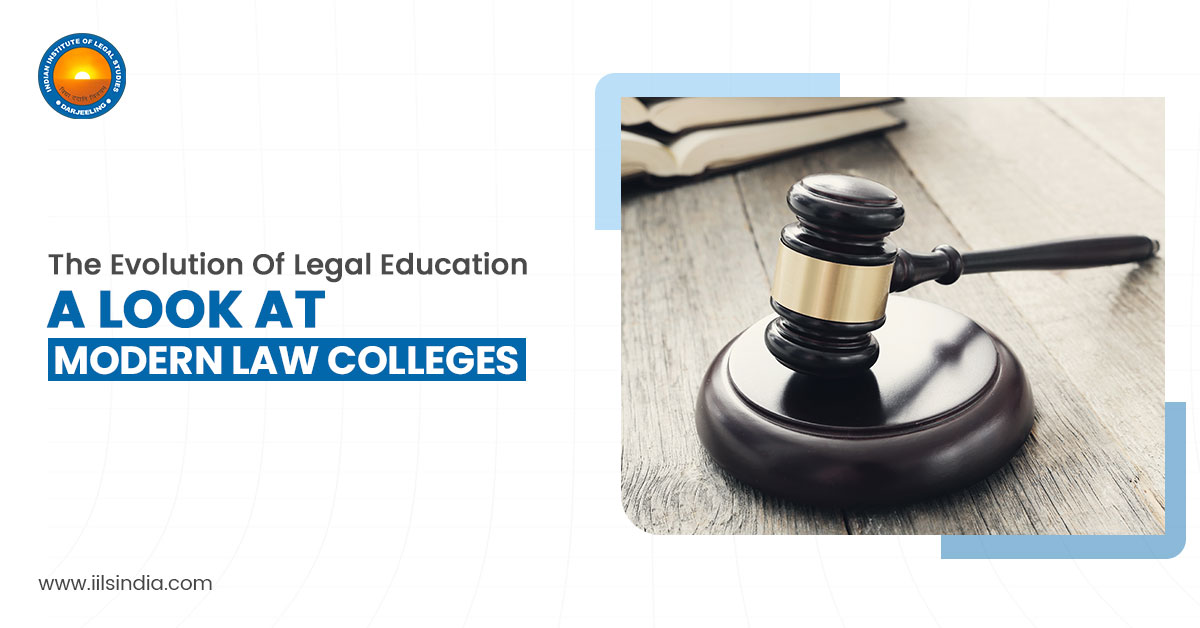The field of legal education has changed from traditional theoretical models to dynamic, practice-oriented approaches. Law schools today serve as centers for professional, skill development, and hands-on training in addition to academic instruction. Cooch Behar Law College is unique among these establishments in that it blends theory and practical application. The creation of legal assistance clinics has been one of the major developments in legal education. These clinics benefit society by offering free legal aid to poor areas in addition to acting as training grounds for students. Similar to this, students can see and take part in actual legal proceedings through internships with law firms, courts, and non- governmental groups. These encounters sharpen their knowledge of the field and give them advocacy, negotiating, and problem-solving abilities.
Skill Development in Modern Legal Education and The Role of Technology in Legal Education: The focus on skill development is an important component of the progress of legal education. Capabilities including critical thinking, legal writing, research skills, and strategic communication are necessary in today’s legal profession in addition to legal knowledge. Law schools have adjusted by adding workshops and classes aimed at developing these abilities. For example, most legal schools now regularly host moot court tournaments. Additionally, students get practical practice in activities they will conduct as professionals through workshops on drafting legal papers, creating case briefs, and negotiating settlements. The evolution of legal education has also been significantly influenced by the incorporation of technology. The way students obtain knowledge and hone their skills has been completely transformed by digital technologies like virtual moot court platforms, e-libraries, and online databases. In addition to making education more accessible, these resources introduce students to the technology developments influencing the legal industry. Challenges in the Evolution of Legal Education: The shift from conventional to contemporary legal instruction has not been without difficulties. The difference in resources across institutions is one major obstacle. Some universities struggle to provide even the most basic amenities, while others have access to cutting-edge facilities and knowledgeable faculty. Another difficulty is striking a balance between theoretical understanding and hands- on instruction. The fundamentals of law still need to be understood by law students, which takes time and concentration. Finding the ideal balance between experiential learning and academic rigor is a challenging endeavor that calls for constant curriculum design innovation.
Conclusion: A major change in the way law is taught and practiced may be seen in the development of legal education. With their emphasis on hands-on training, skill development, and technology integration, contemporary law schools are producing a new generation of attorneys prepared to take on the challenges of the legal industry. Cooch Behar Law College is an example of the advancements in legal education because of its creative methods and dedication to quality. The school is equipping its students to succeed in a dynamic and increasingly competitive environment by fusing theoretical rigor with real- world experience. Legal education has the potential to develop a strong legal profession that can competently and honorably handle today’s societal issues as it continues to evolve.

